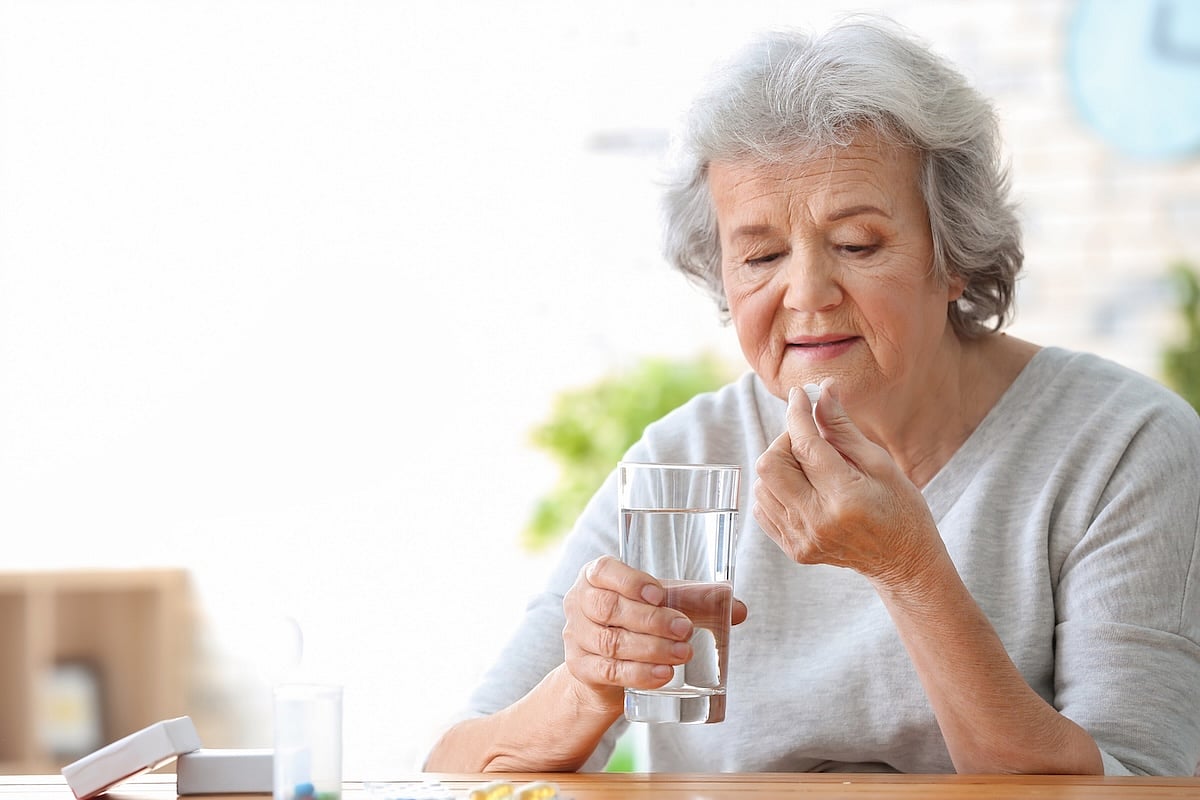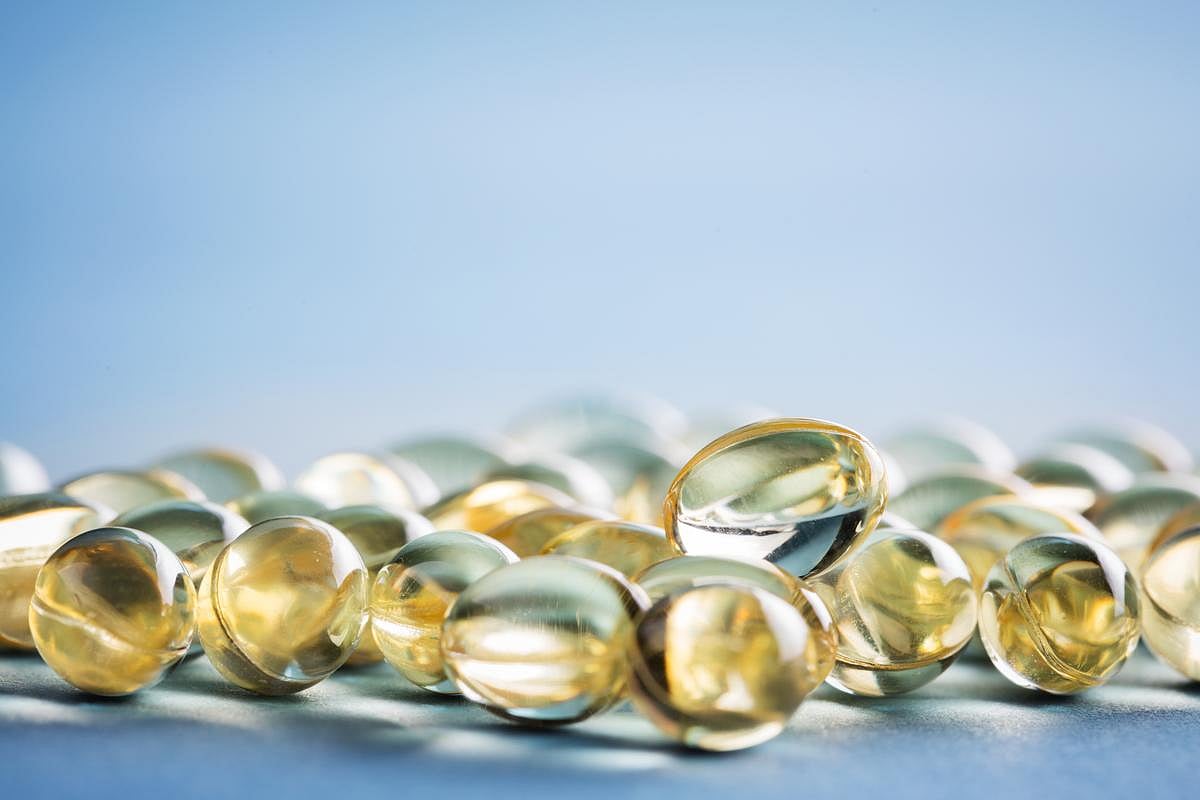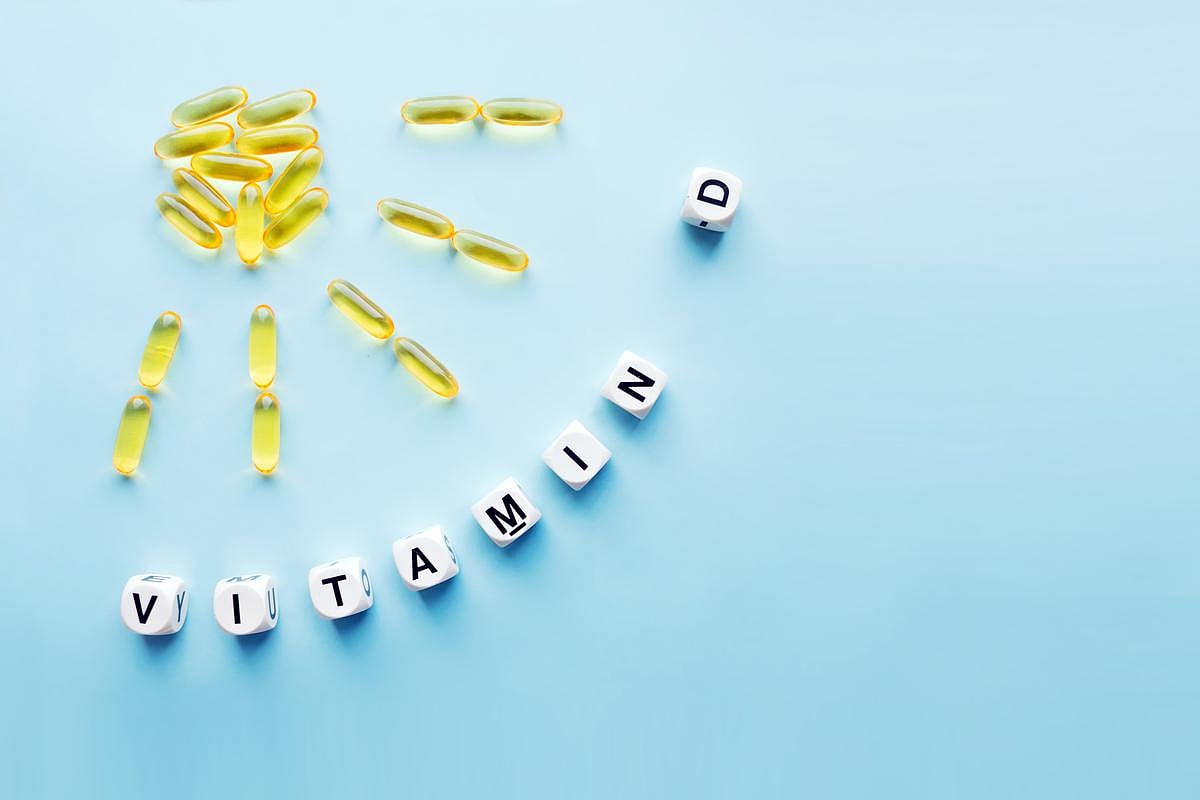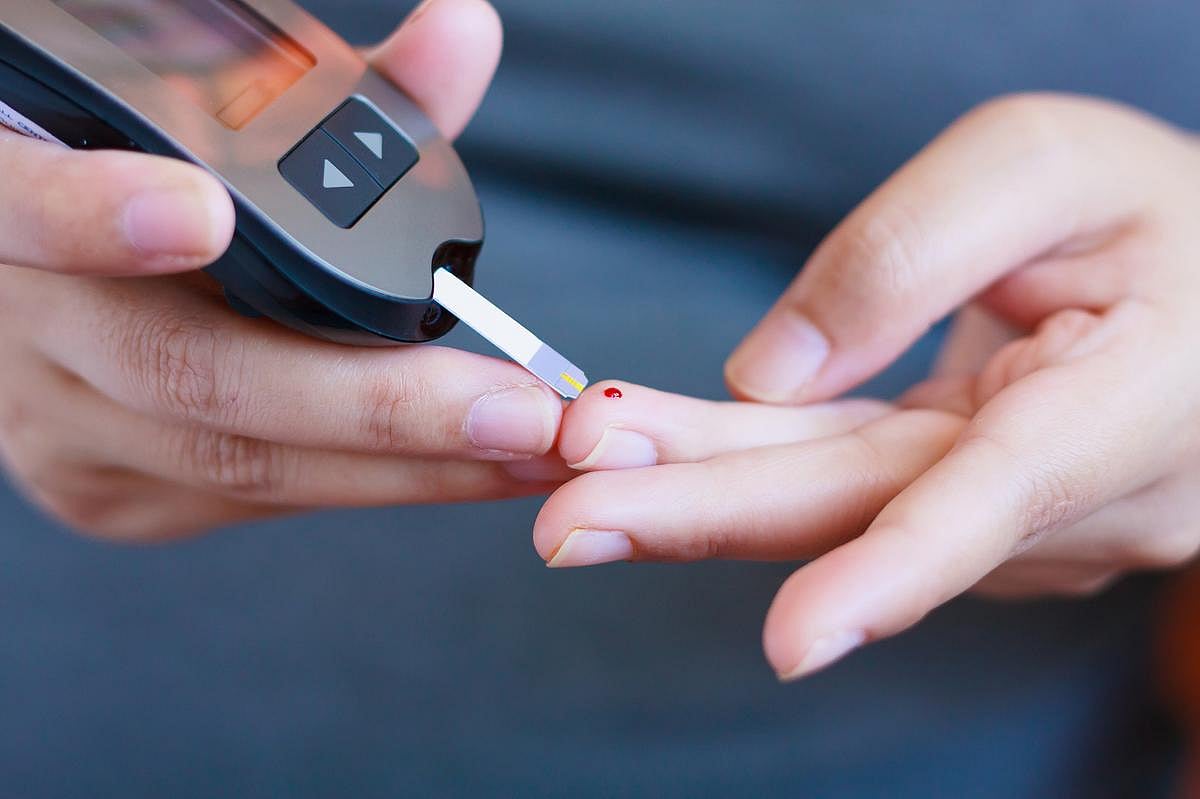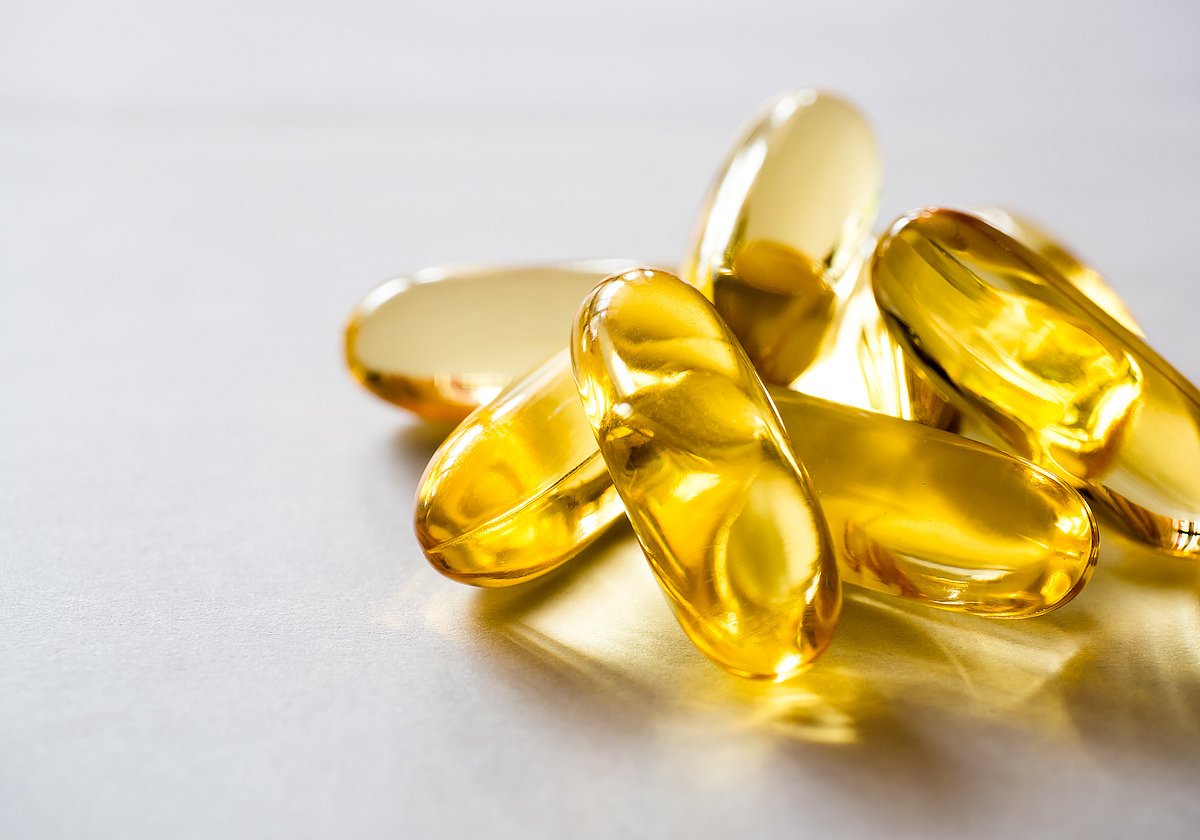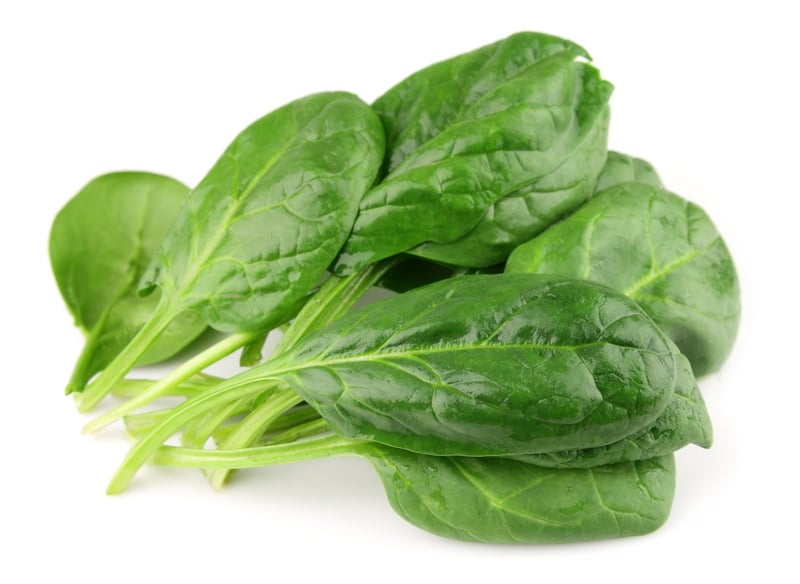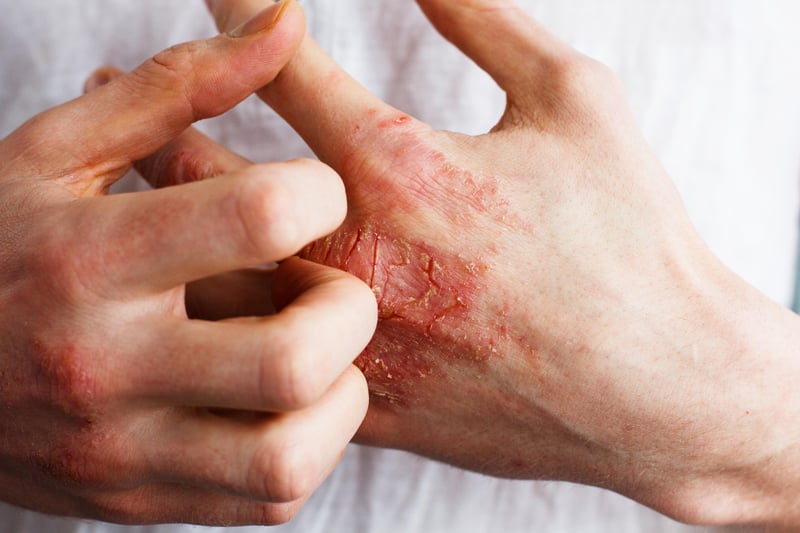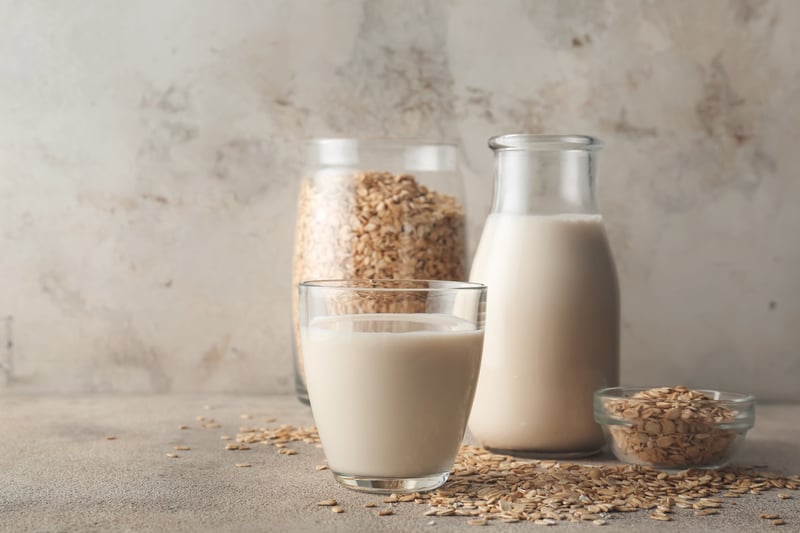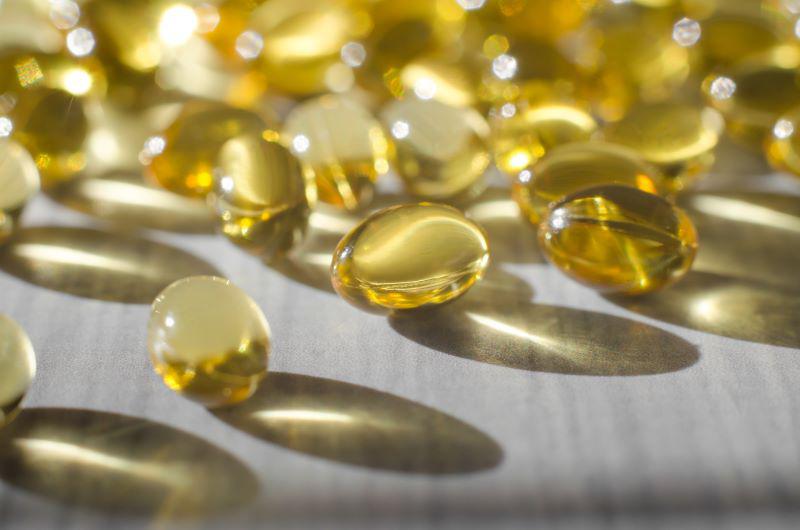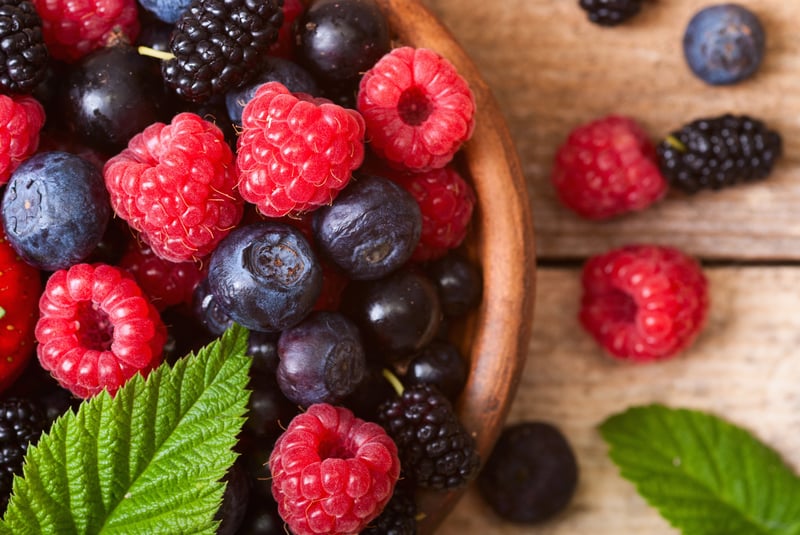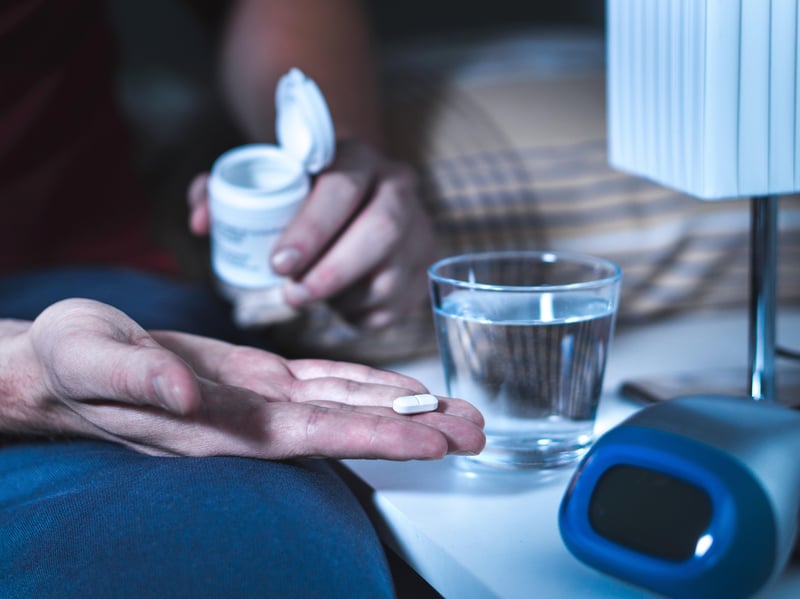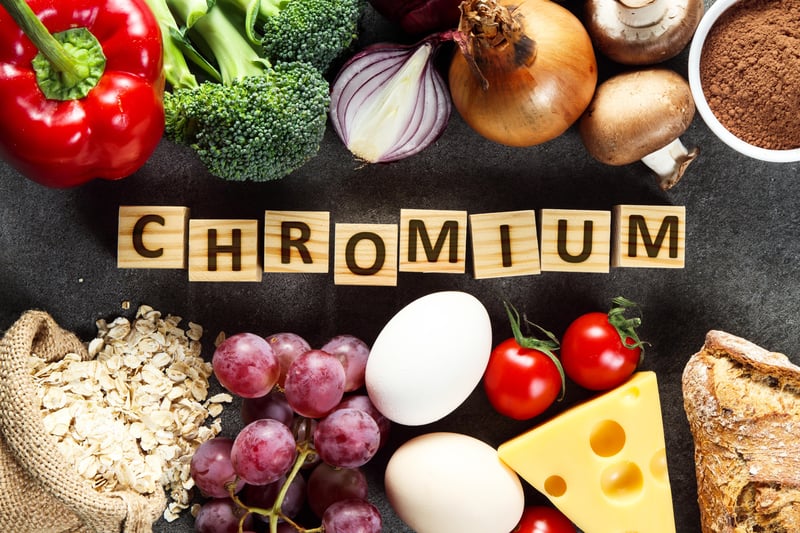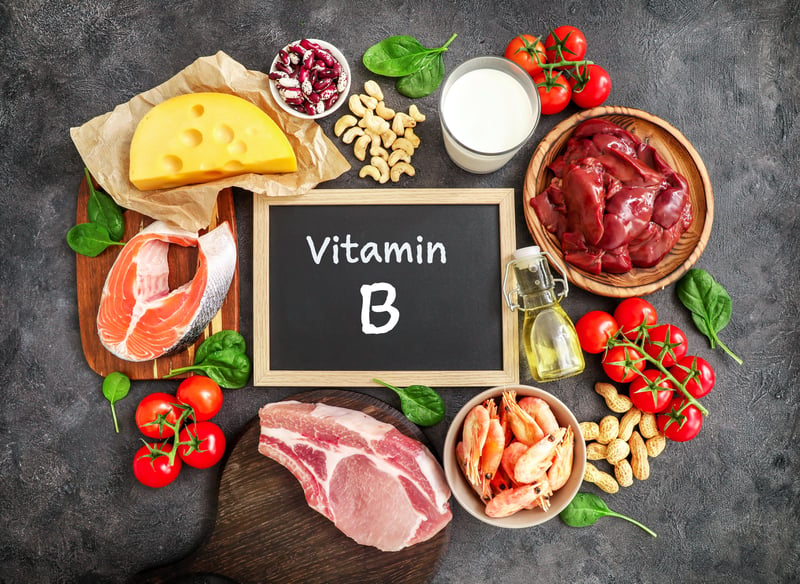Get Healthy!
Results for search "Vitamins / Minerals".
12 Nov
Vitamin D3 Therapy Shows Promise in Preventing Repeat Heart Attacks
In a new study, heart attack survivors who received personalized vitamin D3 treatment were 50% less likely to experience a second heart attack.
29 Aug
Researchers Urge Caution: Popular Autism Therapies Lack Solid Proof
A large, new review of complementary and alternative treatments for autism finds the evidence for 19 popular therapies isn’t strong enough to recommend them with confidence.
Health News Results - 74
As people move into their 50s and beyond, bone health becomes a bigger concern, and how much calcium and vitamin D you get can make a real difference.
That’s because bone loss speeds up with age, especially during and after menopause, said Dr. Bess Dawson-Hughes, a senior scientist at Tufts University’s Je...
- I. Edwards HealthDay Reporter
- |
- December 20, 2025
- |
- Full Page
More parents are saying no to vitamin K shots for their newborns, and experts warn babies could be at serious risk.
A study published Dec. 8 in JAMA found that refusal of vitamin K, a shot given shortly after birth to prevent dangerous bleeding, has skyrocketed in recent years.
Researchers reviewed medi...
- I. Edwards HealthDay Reporter
- |
- December 9, 2025
- |
- Full Page
Vitamin D might help people with heart disease avoid a heart attack, if it’s provided in a dose tailored to you by a doctor, a new study says.
Folks provided vitamin D reduced their risk by more than half, researchers reported Sunday at the American Heart As...
- Dennis Thompson HealthDay Reporter
- |
- November 12, 2025
- |
- Full Page
If a healthy slurp is your aim, skip the banana when you whip up a smoothie.
Researchers at the University of California-Davis found that adding banana may interfere with absorption of powerful compounds called flavanols, which are linked to brain and heart health.
"We were really surprised to see how quickly adding a single banana decreased the level of flavanols in the smoothie an...
- Carole Tanzer Miller HealthDay Reporter
- |
- November 8, 2025
- |
- Full Page
Low vitamin D levels might increase a person’s odds of a severe bout with COVID-19, a new study says.
People with a vitamin D deficiency are 36% more likely to require hospitalization from a COVID infection, researchers report in the journal
As a measles outbreak spreads across U.S., doctors are now seeing a new and unexpected danger: Children getting sick from taking too much vitamin A.
At Covenant Children’s Hospital in Lubbock, Texas, several unvaccinated children showed signs of liver problems after taking large amounts of vitamin A, according to
“Hidden hunger” -- low levels of essential vitamins or minerals -- is common among people with type 2 diabetes, a new evidence review says
Overall, as many as 45% of type 2 diabetics are suffering multiple deficiencies in vitamins, minerals and electrolytes, researchers reported Jan. 28 ...
- HealthDay Reporter
- Dennis Thompson
- |
- January 29, 2025
- |
- Full Page
A daily dose of vitamin B3 reduced inflammation in the lungs of patients with COPD, Danish researchers report.
"This is significant, because inflammation can lead to reduced lung function in these patients," said researcher
Vitamin D supplements might lower blood pressure in seniors who are obese, reducing their heart health risk, a new study says.
But taking more than the recommended daily dose will not provide additional health benefits, researchers report in the Journal of the Endocrine Soci...
- HealthDay Reporter
- Dennis Thompson
- |
- November 12, 2024
- |
- Full Page
Women who take vitamin D supplements during a pregnancy may be giving their kids the legacy of stronger bones, new British research suggests.
Children whose moms took vitamin D supplements when pregnant had stronger, denser bones at the age of 7 compared to the kids of women who didn't, a study from the University of Southampton shows.
It's an head start on bone health that might l...
- HealthDay Reporter
- |
- November 7, 2024
- |
- Full Page
Four out of five pregnant women will become deficient in an essential nutrient, iron, by their third trimester, a new study finds.
The researchers and other experts are now advocating that iron levels be routinely checked during a pregnancy for the safety of a mother and her baby.
Right now, guidelines from the
More than half of people around the world aren’t getting enough micronutrients essential to human health, including calcium, iron and vitamins C and E, a new study says.
These deficiencies are contributing to global malnutrition, as well as health problems like blindness, increased vulnerability to infections, and pregnancy complications, researchers said in The Lancet Global He...
- HealthDay Reporter
- Dennis Thompson
- |
- August 30, 2024
- |
- Full Page
Iron deficiency isn’t being effectively treated in the United States, with low iron levels persisting for years in most patients, a new study finds.
Almost 3 of 5 (58%) patients with iron deficiency still had low iron levels three years after their diagnosis, researchers found.
Further, it took nearly two years to resolve iron deficiencies in most of the 42% of patients who di...
- HealthDay Reporter
- Dennis Thompson
- |
- August 19, 2024
- |
- Full Page
Fish oil supplements might help high-risk seniors stave off Alzheimer’s disease, a new study finds.
Older people with a higher genetic risk of Alzheimer’s experienced slower breakdown of their brain’s nerve cell...
- HealthDay Reporter
- Dennis Thompson
- |
- August 2, 2024
- |
- Full Page
Added sugar can cause your cells to prematurely age, a new study warns.
Each gram of added sugar is associated with an increase in a person’s cellular age, even when they eat healthy otherwise, researchers found.
On the other hand, a diet rich in vitamins, minerals, antioxidants and anti-inflammatory nutrients can help a person have a younger biological age on a cellular leve...
- HealthDay Reporter
- Dennis Thompson
- |
- July 29, 2024
- |
- Full Page
Hormone replacement therapy can safely ease middle-aged women's symptoms during early menopause, data from a major women's health study show.
Women younger than 60 can use hormone replacement to treat symptoms like hot flashes and night sweats without significantly increasing their risk of
Women who've gone through menopause and hope that supplemental vitamin D plus calcium might shield them from disease may be disappointed by new data.
A follow-up analysis of data from the landmark Women's Health Initiative trial found the supplement combo lowered a woman's long-term odds of dying from cancer by 7%.
However, it also raised her odds of fatal heart disease by 6%.
...- HealthDay Reporter
- Ernie Mundell
- |
- March 12, 2024
- |
- Full Page
Niacin is an essential B vitamin, but new research reveals that too much of it may harm your heart.
Found in many foods that millions of Americans eat, excessive amounts of niacin can trigger inflammation and damage blood vessels, scientists report in the Feb. 19 issue of the journal Nature Medicine.
"The ave...
- HealthDay Reporter
- Robin Foster
- |
- February 20, 2024
- |
- Full Page
A daily multivitamin could help people keep their brains healthy as they age, a new trial finds.
Results suggest taking multivitamins could help prevent memory loss and slow cognitive aging among older adults, researchers report in the Jan. 18 issue of the American Journal of Clinical Nutritio...
- HealthDay Reporter
- Dennis Thompson
- |
- January 18, 2024
- |
- Full Page
In the middle of winter when sunshine can be hard to come by, it's tough to get enough vitamin D, but one expert has some advice.
"Vitamin D is well known to support bone health, but it also plays a role in the health of your heart as well as your GI tract. It is tougher to get it [in the winter] because a lot of the absorption and how the vitamin gets transformed to a usable substance in...
- HealthDay Reporter
- Robin Foster
- |
- January 13, 2024
- |
- Full Page
Nutrition is important for your whole body, including those two small organs through which you look at the world.
The same diet that's good for your heart and the rest of your body will also help your eyes, according to the American Academy of Ophthalmology (AAO).
The academy offers advice on vision-healthy foods and how to create a diet rich in them.
"Some nutrients keep the ...
- HealthDay Reporter
- Cara Murez
- |
- October 20, 2023
- |
- Full Page
Stroll past the supplements in any drugstore and you'll find broad claims about fish oil helping everything from heart and brain health, to joints, eyes and immune systems. But you just might be wasting your money, according to a new study.
"We know from recent large, randomized trials that fish oil supplements do not prevent heart disease in the general population, but yet they are one o...
- HealthDay Reporter
- Cara Murez
- |
- August 24, 2023
- |
- Full Page
It may not get the publicity of some better-known vitamins like D, but vitamin K -- found in leafy green vegetables -- may boost lung health.
A new, large study -- published Aug. 10 in ERJ Open Research -- suggests that people who have low levels of this vitamin also have less healthy lungs. They are more likely to report having asthma, chronic obstructive pulmonary disease (COPD...
- HealthDay Reporter
- Cara Murez
- |
- August 10, 2023
- |
- Full Page
People who have psoriasis may want to get their vitamin D levels checked.
New research suggests that blood levels of the so-called "sunshine vitamin" may affect the severity of their condition. In psoriasis, skin cells build up and form dry, itchy, sometimes painful patches.
While synthetic vitamin D creams are an emerging therapy, the study suggests that a diet rich in vitamin D or...
- HealthDay Reporter
- Cara Murez
- |
- July 25, 2023
- |
- Full Page
If you're drinking soy, oat or almond milk, you may not be getting the same nutrients as you would with a glass of cow's milk.
A new analysis of more than 200 plant-based milk alternatives found that few contain the calcium, vitamin D and protein that can be found in cow's milk.
Only 12% of the alternative milk products studied had comparable or greater amounts of all three nutrient...
- HealthDay Reporter
- Cara Murez
- |
- July 25, 2023
- |
- Full Page
Your body needs vitamin D, the "sunshine" vitamin, but too much time in the sun can increase your risk for skin cancer.
An expert offers tips for boosting vitamin D intake while staying safe from the sun and this summer's record-high temperatures.
"Vitamin D is important for bone health, calcium absorption, reduction of inflammation, promoting cell growth and immune and cardiovascu...
- HealthDay Reporter
- Cara Murez
- |
- July 21, 2023
- |
- Full Page
As older people start to lose some of their mental abilities, regular exercise might slow the progression to dementia, a new study indicates.
With five months of physical activity, the mental ability of seniors with so-called mild cognitive impairment improved significantly, researchers in Canada report.
They also found that computerized training to improve memory added to the benef...
- HealthDay Reporter
- Steven Reinberg
- |
- July 20, 2023
- |
- Full Page
Vitamin D supplements might lower the risk of heart attack and other cardiac ills for people over 60 -- especially if they're already taking heart meds, a new study suggests.
"Our results suggest that further exploration of the possible benefit of vitamin D on cardiovascular events, particularly in those at higher risk of having an event, might be warranted," said senior researcher
- HealthDay Reporter
- Steven Reinberg
- |
- June 29, 2023
- |
- Full Page
You've heard of eating your spinach to stay strong, but how about loading up on your flavonols?
New research suggests that plant-based foods rich in these important dietary compounds could lower your chances of developing frailty as you age.
Apples and blackberries are among the fruits that contain a particular flavonoid called quercetin that may be the most important to prevent fra...
- HealthDay Reporter
- Cara Murez
- |
- May 23, 2023
- |
- Full Page
Taking vitamins may drain your wallet without helping your health, yet a new government survey shows most American adults take them, as do about one-third of children.
Researchers who were led by Suruchi Mishra, from the U.S. National Center for Health Statistics, found vitamin use was common from 2017 to March ...
- HealthDay Reporter
- Cara Murez
- |
- April 18, 2023
- |
- Full Page
When people struggle to fall asleep, it's no surprise they seek solutions.
Options can range from prescription medications to sleep therapy, good habits and an abundance of supplements.
Taking magnesium for sleep is something some say has real benefits, but does it really?
It's not entirely certain, but the mineral serves a variety of other important functions, so it just m...
- HealthDay Reporter
- Cara Murez
- |
- March 8, 2023
- |
- Full Page
Can vitamin D lower dementia risk?
Quite possibly, a team of British and Canadian researchers report.
In their study, investigators spent roughly a decade tracking more than 12,000 older people. None had dementia at the start of the study period. In the end, the team determined that those who had been taking vitamin D supplements during that time appeared to face a 40% lower ri...
- HealthDay Reporter
- Alan Mozes
- |
- March 7, 2023
- |
- Full Page
Vitamin D supplements are typically used to guard against bone loss and fractures, but new research offers up another possibility: For folks with pre-diabetes, they may help lower the chances of a full diabetes diagnosis.
Across three clinical trials, investigators found that vitamin D supplements were modestly effective in curbing the risk of pre-diabetes progressing to type 2 diabetes. ...
- HealthDay Reporter
- Amy Norton
- |
- February 7, 2023
- |
- Full Page
Androstenedione is one of those supplements that was peddled to athletes for years as a quick path to bulging muscles and high testosterone levels, but it carries some grave dangers.
Also known as "andro," the dietary supplement was once touted to enhance athletic performance by stimulating muscle growth and boosting testosterone levels. But once it enters the body, it acts like a st...
- HealthDay Reporter
- Steven Reinberg
- |
- February 2, 2023
- |
- Full Page
A new study hints that treating low vitamin D levels with supplements might have a critical benefit for certain people: a decreased risk of attempting suicide.
In a study of more than 1 million U.S. veterans, researchers found that those prescribed vitamin D were nearly 50% less likely to attempt suicide over eight years, versus those who were not prescribed the supplements.
The ben...
- HealthDay Reporter
- Amy Norton
- |
- February 2, 2023
- |
- Full Page
Chromium picolinate is a supplement that many folks take, as it's touted to unlock insulin, burn fat and build muscle.
But do you really need to add it to your diet when the mineral chromium is already present in many foods, albeit in tiny amounts?
"There is little evidence or support for chromium supplementation, though advertisements suggest it can enhance muscle mass and help wit...
- HealthDay Reporter
- Steven Reinberg
- |
- January 31, 2023
- |
- Full Page
Vitamin D is widely promoted for better health, but if you're overweight, you might not reap the benefits.
In a new study, researchers found a 30% to 40% reduction in cancer, cancer deaths and autoimmune diseases among people with a lower body mass index (BMI) who took vitamin D supplements,...
- HealthDay Reporter
- Steven Reinberg
- |
- January 24, 2023
- |
- Full Page
B vitamins. These powerhouse nutrients help your cells function at their best, protect your brain and heart, support your immune system and can even improve your mood and energy levels.
This critical class of vitamins needs to be part of a healthy diet.
According to Harvard Health, B vitam...
- HealthDay Reporter
- Steven Reinberg
- |
- January 19, 2023
- |
- Full Page
One way to maintain muscle strength with age: Get enough vitamin D.
Researchers in Brazil and the United Kingdom found that older folks who were deficient in the vitamin increased their risk of losing muscle strength by 78%.
"Vitamin D is known to participate in various functions. "¦," said study co-author
- HealthDay Reporter
- Cara Murez
- |
- December 19, 2022
- |
- Full Page
Babies born prematurely who are fed formula may need iron supplementation like their breastfed counterparts, new research suggests.
"Just because a baby is on iron-rich formula, we should not assume all of their iron needs are being met, since iron from the formula may not have the same absorption as iron from breast milk,"said researcher Grace Power. She is a third-year medical student ...
- HealthDay Reporter
- Cara Murez
- |
- December 13, 2022
- |
- Full Page
Older adults who harbor more vitamin D in their brains may stay mentally sharper, a new study suggests.
Researchers found that when older adults had higher levels of vitamin D in their brain tissue, they tended to perform better on standard tests of memory and thinking. They were also less likely to have dementia or milder cognitive impairments.
Experts stressed that
Manufacturers make all kinds of health claims, but can taking a dietary supplement actually lower your heart disease risk?
A comprehensive analysis of prior research suggests that in certain cases the answer is yes. Some types of supplements -- such as omega-3 fatty acids, folic acid and coenzyme Q10 (CoQ10) -- do provide a cardiovascular leg up.
But many supplements were found...
- HealthDay Reporter
- Alan Mozes
- |
- December 7, 2022
- |
- Full Page
Eating more berries and drinking tea may help slow mental decline as you age, new research suggests.
In a study of more than 900 adults, researchers found that foods like these -- containing antioxidant flavonols -- delivered brain benefits to older adults. Flavonols are found in fruits like berries, green leafy vegetables, tea and wine.
For example, people who ate a serving o...
- HealthDay Reporter
- Steven Reinberg
- |
- November 28, 2022
- |
- Full Page
Bottled vitamins might seem a convenient way to get all the important nutrients, but the best delivery method is still just eating actual healthy food.
"We have plenty of studies showing that when we look at food as the bioavailable source of certain nutrients of vitamins and minerals, they tend to be one of the best options,"said
Too little of the "sunshine vitamin" -- vitamin D -- in Black Americans could raise their odds of developing diabetes, new research suggests.
Two new studies found an association between levels of vitamin D in the blood and insulin resistance, a precursor to full-blown diabetes.
It's been long known that low blood levels of vitamin D "are associated with an increased risk of diabet...
- HealthDay Reporter
- Cara Murez
- |
- November 11, 2022
- |
- Full Page
A "virtual autopsy"of a mummified 17th century Austrian infant has shed new light on Renaissance childhood -- as well as the importance of vitamin D to health.
The researchers used CT scans to examine the remains, which had been found in an aristocratic Austrian family crypt containing the perfect condit...
- HealthDay Reporter
- Dennis Thompson
- |
- October 26, 2022
- |
- Full Page
A vitamin D deficiency puts you at risk for more than just weakened bones, a major new study reports.
Too little vitamin D in your system can increase your overall risk of premature death, as well as your specific risk of dying from cancer, heart disease or lung disease, acco...
- HealthDay Reporter
- Dennis Thompson
- |
- October 25, 2022
- |
- Full Page
More than 160,000 people around the world have cystic fibrosis, and supplementing with vitamins C and E could help reduce the damaging inflammation in their lungs, according to new research.
"Cystic fibrosis is a genetic disease that is associated with increased inflammation, and like many inflammatory diseases, it comes with a large amount of
More than 1 million Americans attempted suicide in 2020, and a new study is hinting at a potential way to reduce that risk: prescription folic acid.
The study, of more than 800,000 Americans in a health care database, found that when people were on prescription folic acid, their likelihood of being treated for
A daily multivitamin might help keep your brain free from any decline in thinking skills, a new study suggests.
In a trial of more than 21,000 men and women, the study authors reported that

